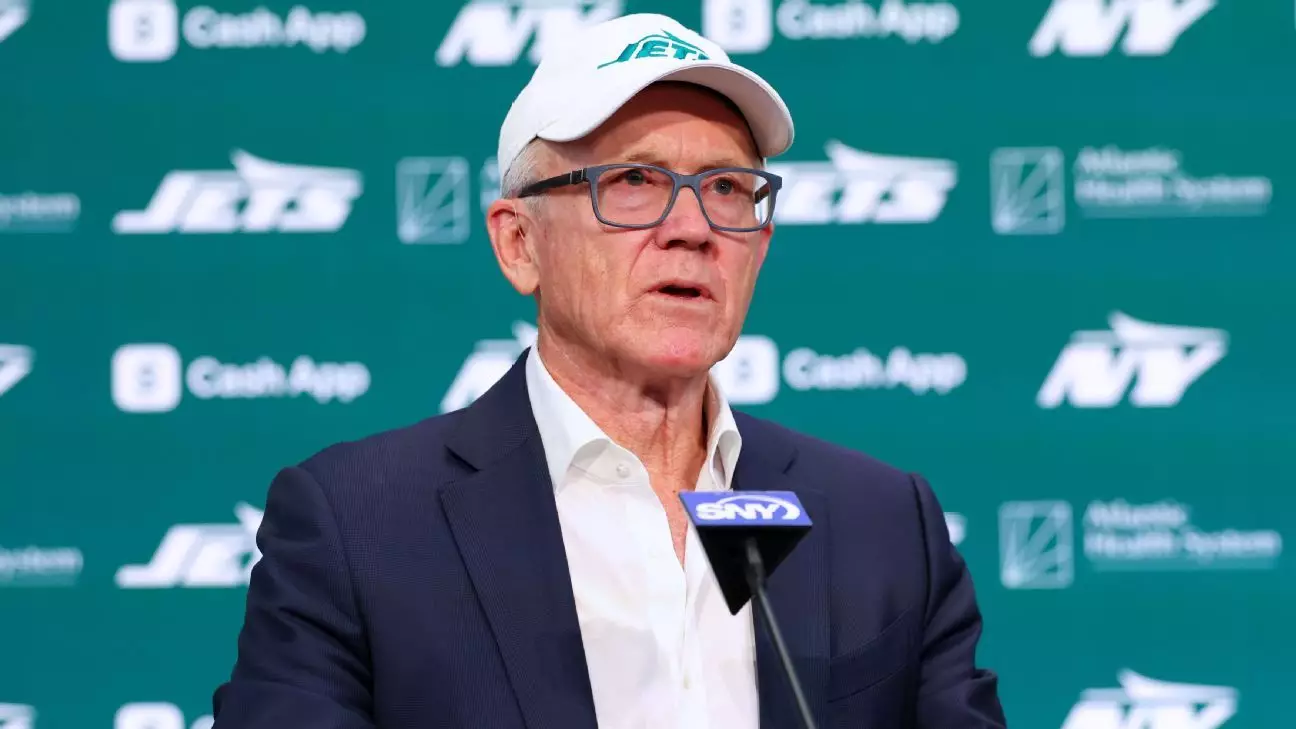The recent acquisition of a substantial stake in Crystal Palace by Woody Johnson marks a pivotal moment in the club’s ongoing saga of growth, stability, and ambition. This move signals not just a financial injection but also a declaration of intent; Johnson’s involvement embodies a desire to forge a stronger, more competitive future amid the tumult of European and domestic football regulations. His investment, valued at approximately £190 million for a 43% share, demonstrates confidence in the club’s potential and the broader vision of elevating its stature in English and European football.
Johnson’s reputation as an influential American businessman and former ambassador lends the club an aura of global reach. His expressed admiration for Crystal Palace’s heritage and fan loyalty underscores a genuine respect for the club’s cultural roots. This isn’t merely a financial transaction—it’s a statement that reinforces the importance of tradition amid the evolving landscape of modern football, where commercial interests often threaten to overshadow history and local identity.
What this also signifies is Johnson’s strategic ambition to leverage his experience and resources to propel Palace onto a more prominent stage. The involvement of high-profile owners like Johnson, alongside existing figures such as Steve Parish, Josh Harris, and David Blitzer, indicates a new era of investment-driven growth. Such collaborations are crucial in an era where football clubs are increasingly viewed as global commodities, yet still hold sentimental value for local communities and loyal fans.
Clash of Interests: Legal Battles and European Ambitions
Despite this exciting development, Palace’s journey remains riddled with complications. The club is embroiled in a contentious dispute with UEFA, which has relegated them from the Europa League to the Conference League due to perceived violations of multi-club ownership rules. The core issue stems from UEFA’s assertion that Textor, the previous owner, wielded influence over both Palace and Lyon, contravening regulations designed to prevent conflicts of interest.
This legal challenge underscores the complex nature of modern football ownership. While Palace asserts that Textor’s influence was minimal and that they’ve proven their independence, UEFA’s strict regulations reveal the bureaucratic pitfalls clubs can encounter—especially when outside investors with multiple interests are involved. Johnson’s entry could serve as a catalyst for change, not just financially but in establishing clearer ownership structures that align with UEFA’s rules.
The club’s appeal to the Court of Arbitration for Sport (CAS) highlights the ongoing battle to retain their European ambitions. It’s a reminder that in the modern game, legal and regulatory frameworks are as much obstacles as on-pitch challenges. For Palace supporters, this legal uncertainty is frustrating; their first major trophy in over a century should be celebrated, not overshadowed by bureaucratic disputes.
Nevertheless, Johnson’s international stature and influence could lend a stronger voice in negotiations, potentially swaying UEFA’s considerations. His previous political and business engagement demonstrates an ability to navigate complex bureaucratic environments—an asset if the club hopes to restore its European campaign and deepen its competitive pursuits.
Beyond the Pitch: The Vision of an Ambitious Owner
Johnson’s background as a former U.S. ambassador and a businessman with interests spanning sports and beyond paints a picture of a leader with grand ambitions. His passion for football, despite declaring himself a Chelsea supporter, symbolizes a pragmatic approach—prioritizing the growth and success of Palace above personal allegiances.
This investment could be a turning point in Palace’s development strategy. Expect an emphasis not only on squad improvements but also on infrastructure, fan engagement, and global branding. Johnson’s international background and connections might open doors to lucrative partnerships, sponsorships, and streams of revenue that will position Palace as a more formidable contender both commercially and in footballing terms.
At a time when English clubs are increasingly consolidated into global franchises, Johnson’s ownership might serve as an example of how American-style investment models can coexist with traditional club culture. His commitment to the club’s roots, coupled with a drive for modernization, suggests he recognizes the importance of balancing heritage with innovation.
Woody Johnson’s entry into Crystal Palace is more than a mere financial move—it’s a bold statement of intent. With his proven track record of strategic investment and diplomatic skills, he has the potential to reshape Palace’s future profoundly. However, the road ahead remains fraught with legal hurdles and regulatory battles, which will test his ability to turn ambition into tangible success. Palace’s loyal fans now stand at the cusp of a new era, one that could finally see their club flourish on the continental stage and solidify its place in modern football’s elite hierarchy.

